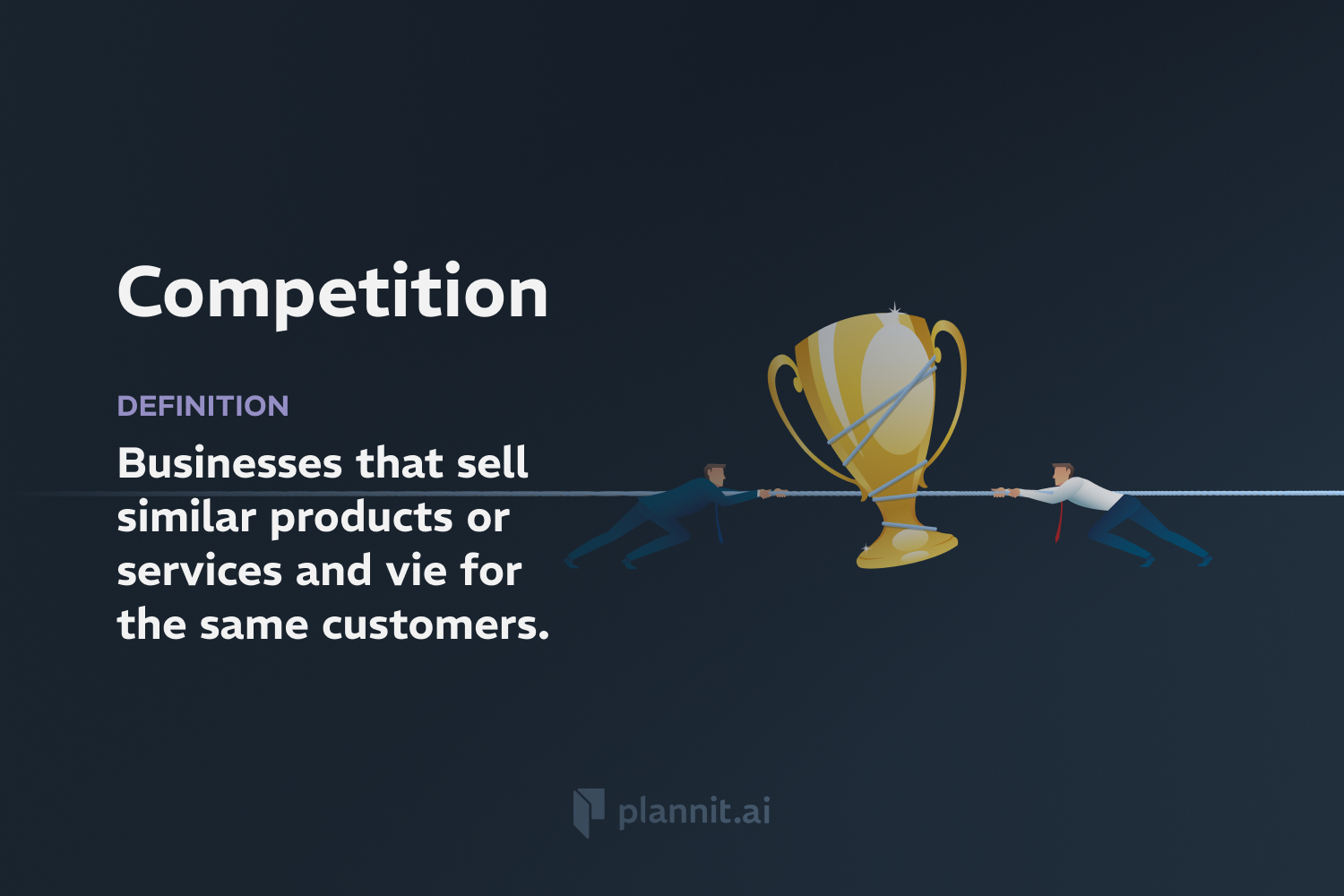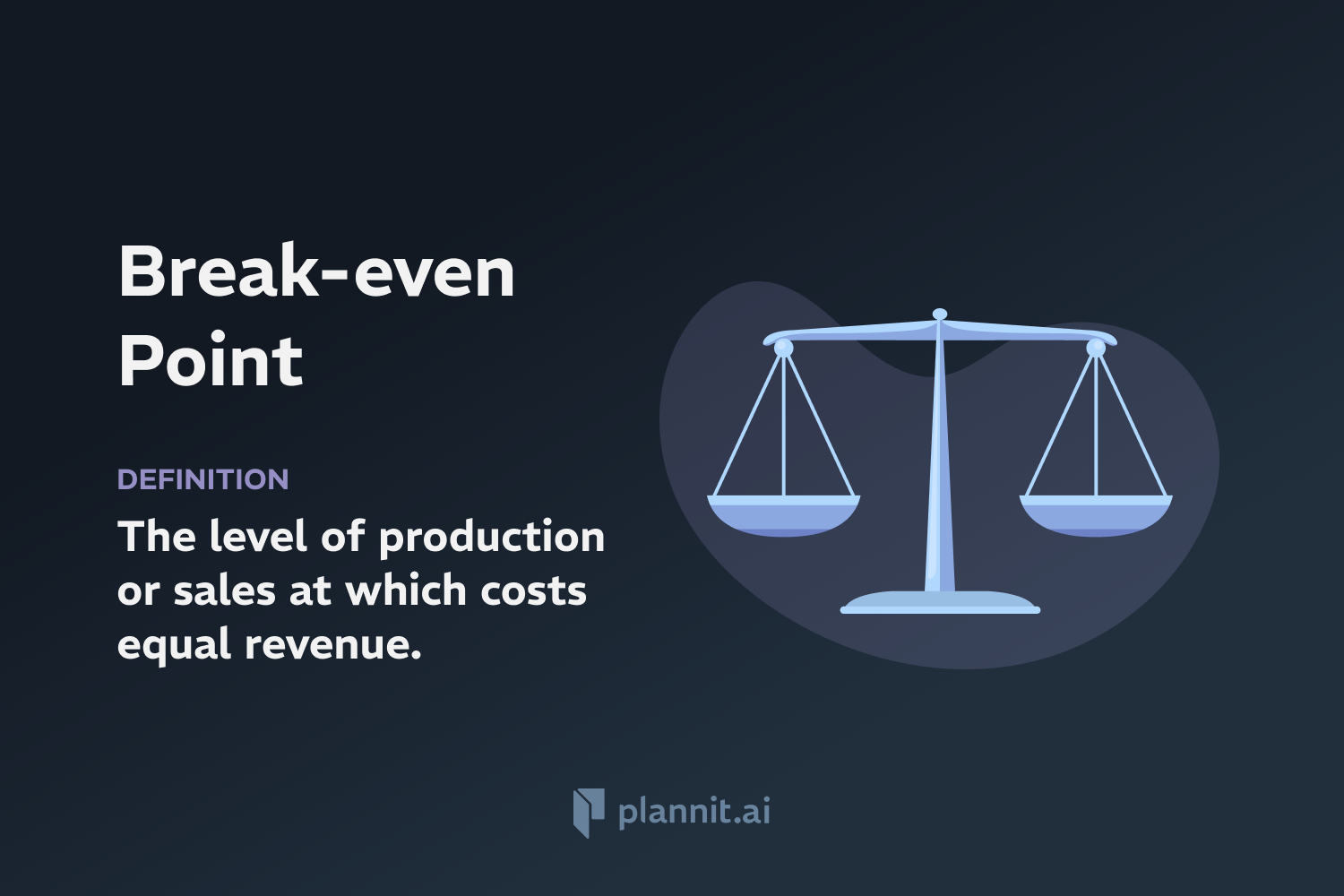Need Help With Your Business Plan?
Answer tailored questions and get a detailed business plan in minutes.
Start-up: Definition & In-Depth Explanation
Definition:
Start-up refers to a new business venture that is in the initial stages of operations, often characterized by innovation and scalability potential. These companies are typically founded with the intention of rapidly developing a scalable business model and bringing new products or services to market.
Context of Use:
Start-ups are prevalent in industries that thrive on innovation, such as technology, biotechnology, renewable energy, and internet-related services. They play a crucial role in the economy by introducing new ideas and technologies, creating jobs, and driving economic growth.
Purpose:
The primary purpose of a start-up is to explore and exploit new business opportunities. Start-ups aim to rapidly scale their business models to meet high market demand and attract significant investment, often aiming for eventual acquisition or a public offering.
Example:
Tech Start-ups: Companies like Uber or Airbnb that began as small ventures and rapidly expanded due to innovative business models and high market demand.
Biotech Start-ups: Firms focused on developing cutting-edge medical treatments or health-related technologies.
Related Terms:
Angel Investor: An individual who provides capital for a start-up, usually in exchange for convertible debt or ownership equity.
Venture Capital: Financing provided by investors to start-ups and small businesses with perceived long-term growth potential.
Scale-Up: The process of expanding a business, increasing its customer base and revenue, often after a start-up phase.
FAQs:
1. What distinguishes a start-up from a small business?
A: A start-up is designed for rapid growth and scaling, often in innovative and high-tech sectors, while a small business typically focuses on serving a local market without the intention of rapid expansion.
2. What are the common challenges faced by start-ups?
A: Start-ups often face challenges such as securing funding, achieving market fit, managing rapid growth, and navigating competition.
3. How do start-ups typically fund their operations?
A: Start-ups commonly use funding sources such as bootstrapping, angel investors, venture capital, and crowdfunding.
4. What role do accelerators and incubators play in start-up development?
A: Accelerators and incubators provide start-ups with mentorship, resources, and networking opportunities to help them grow and succeed faster than they might on their own.
5. What is an exit strategy for a start-up?
A: An exit strategy is a planned approach to transitioning ownership of the company, which can include selling to a larger company, merging with another business, or conducting an initial public offering (IPO).
Get funding with a business plan that will impress investors.
Starting a New Business?



